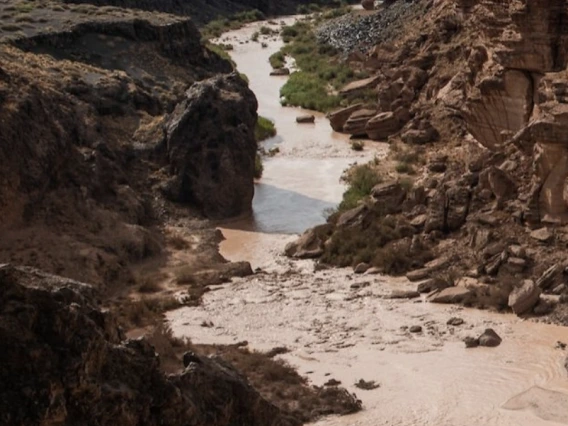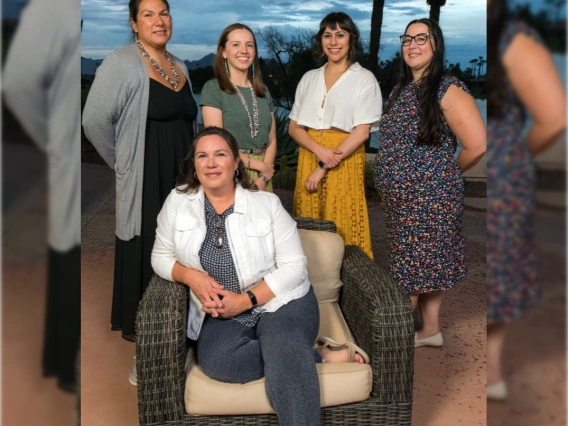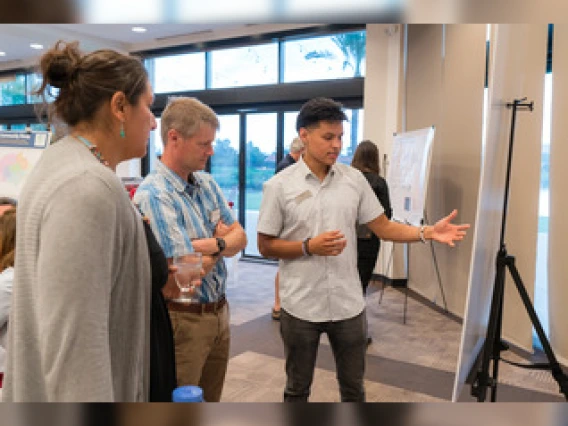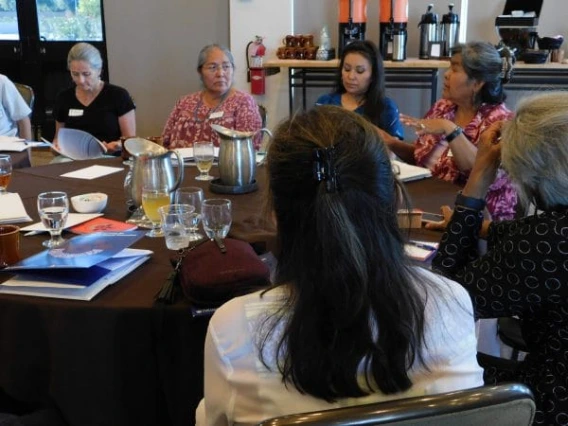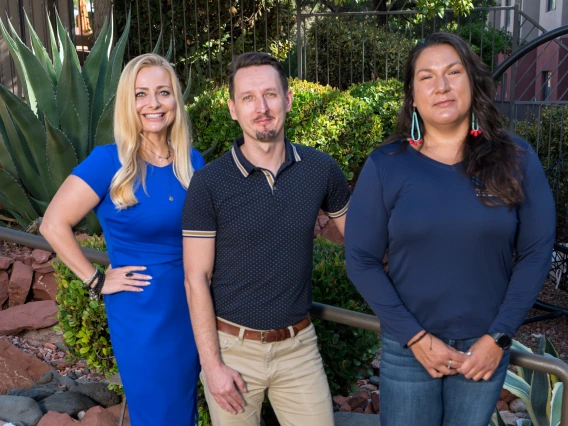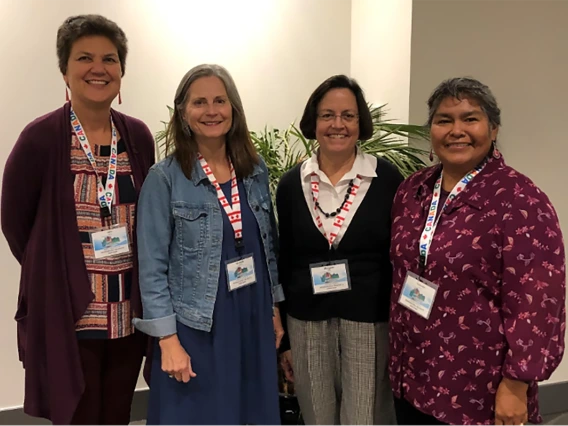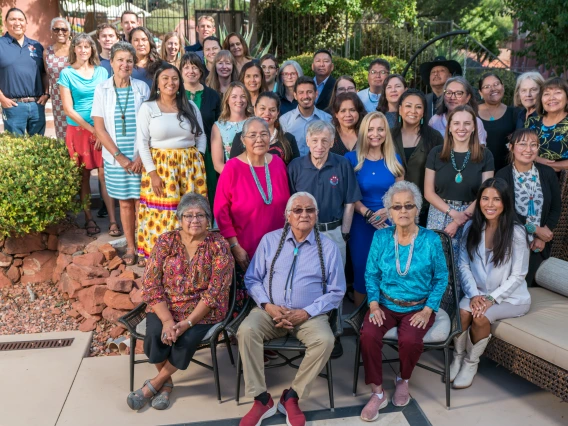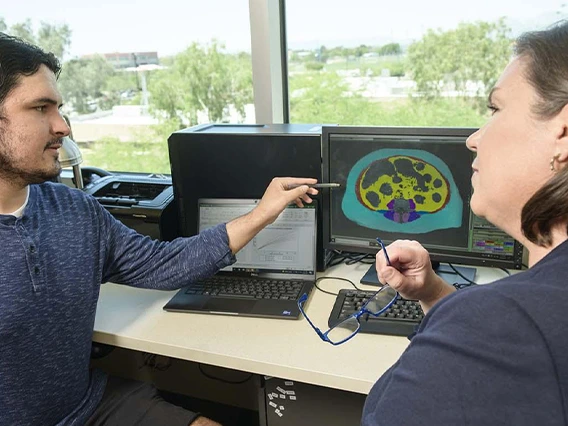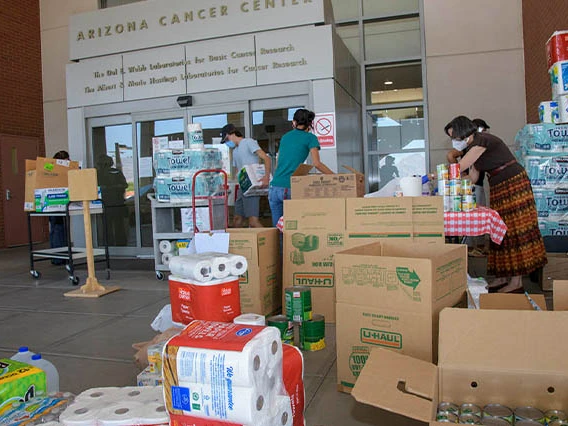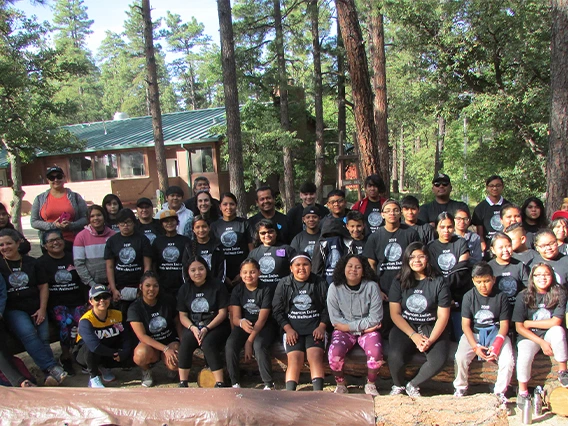Partnership for Native American Cancer Prevention
Since 2002, the Partnership for Native American Cancer Prevention (NACP) is a collaboration between Northern Arizona University and the University of Arizona Cancer Center, funded through the National Cancer Institute’s (NCI) Partnerships to Advance Cancer Health Equity (PACHE) U54 mechanism.
Image
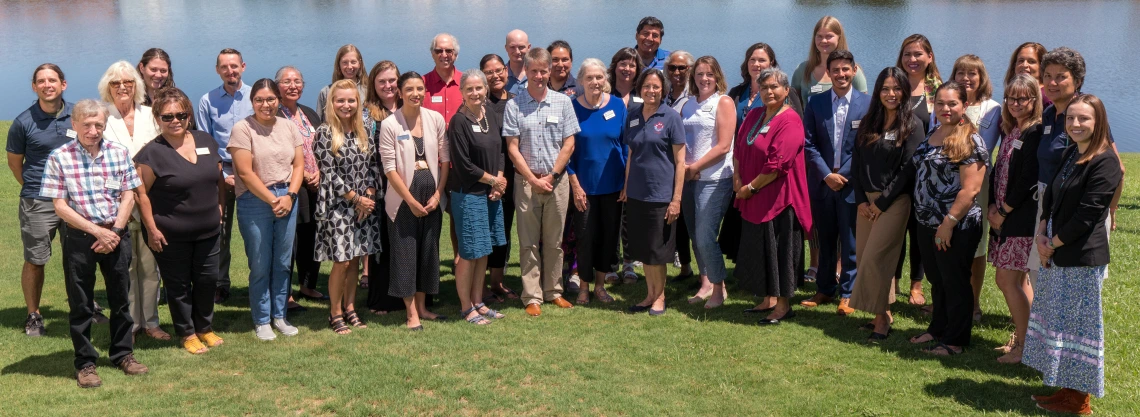
Aims
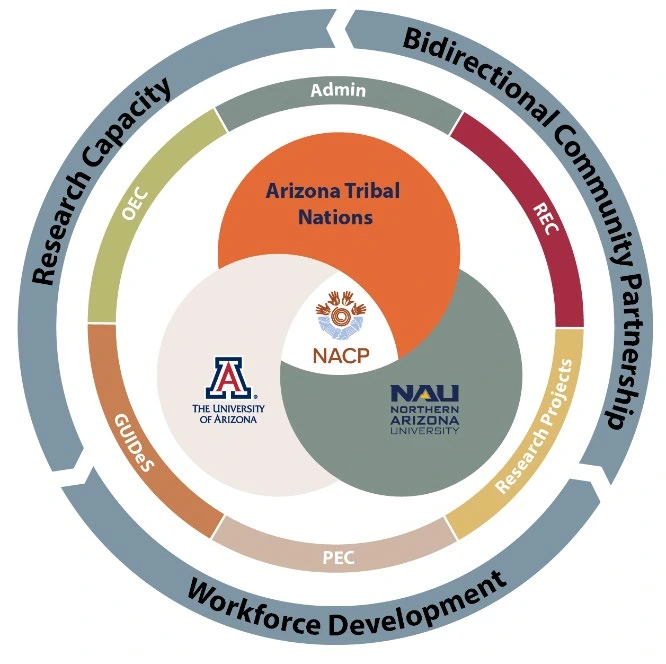
Through the NACP, the University of Arizona and Northern Arizona University partner with the Arizona tribal nations through research, workforce development and bidirectional community partnerships.




